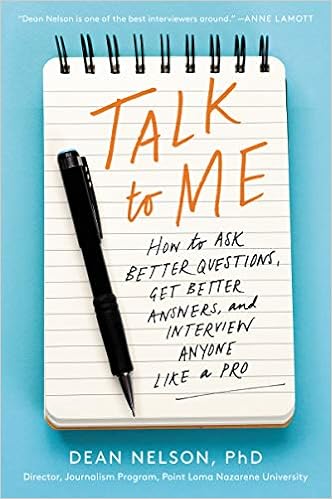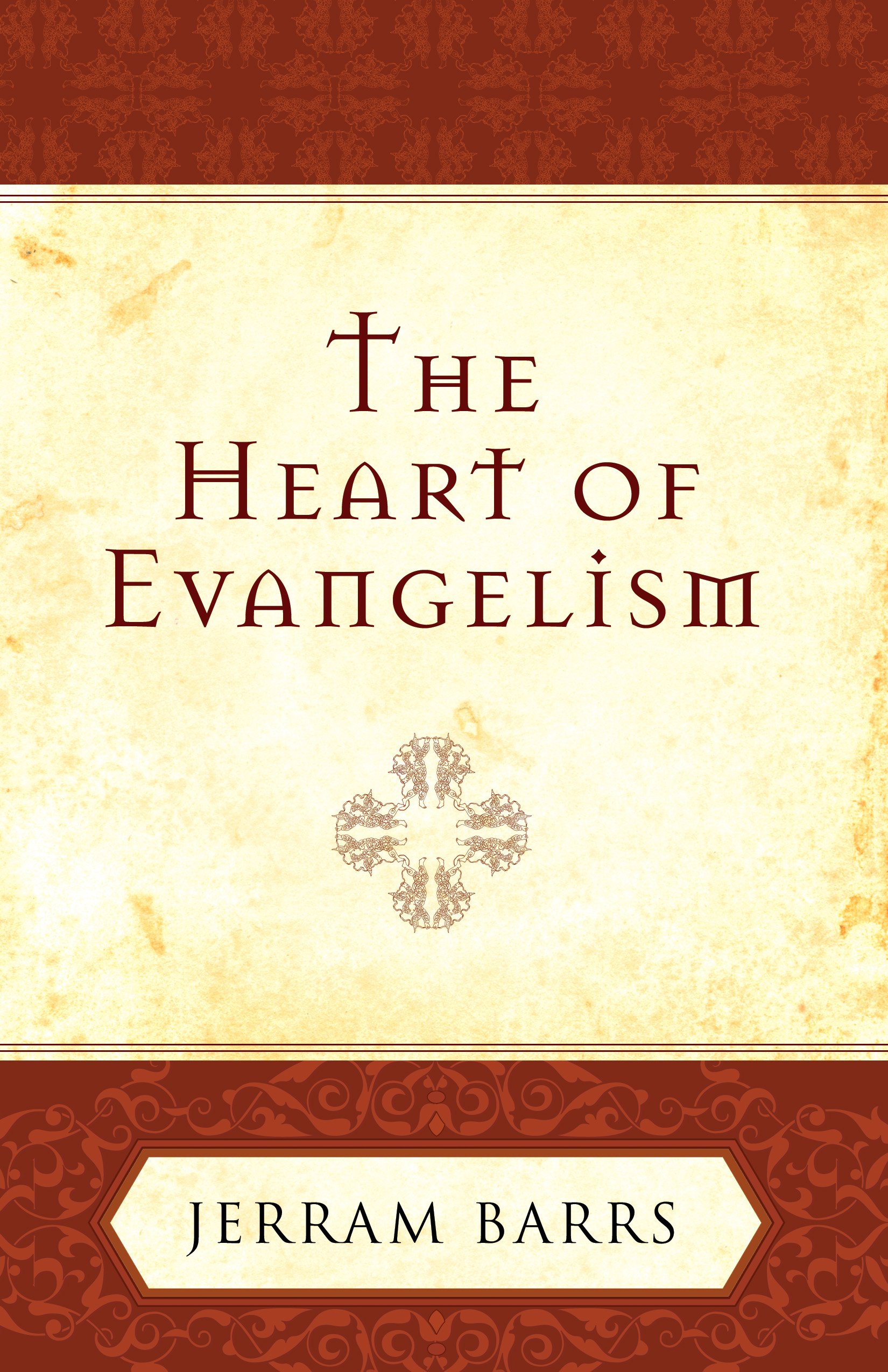The subtitle of this book is: How to ask better questions, Get better answers and Interview anyone lie a pro. At this point you may be wondering, “why is Joan reviewing this book for the blog?” Stay tuned while I explain, as there are several reasons.

My job on our Fanning the Flame team is Spiritual Gifts Coordinator. That means I “interview” our members about their spiritual gifts, passions and hobbies. All of this information is then recorded in a database for use by the Pastor, church leaders and committees so that people are able to use their abilities in ministry. I actually wish I had come across this book earlier in the process. Although Dean Nelson is a journalist, and that is his focus, it is chock full of useful information including:
- How to get people to talk to you in the first place
- How to make people comfortable during the interview
- How to prepare for an interview
- How to take notes
- How to interview people you like and people you don’t like
Above all, he encourages interviews to know and remember the why of a particular interview, and to stay focused. Here’s an important quote:
“Keep in mind that you’re interviewing the person to reveal what the person is about and to get information about a particular topic. You want their perspective, their insight, their unique point of view, their anecdotes, their expertise their wisdom, their personality, their ability to point you to a greater understanding. So get out of the way, and let the person talk to you.”
He makes the point, and it’s a good one, that we all interview others every day.
One of the things I’ve learned from the Fanning the Flame process is to take advantage of secular wisdom when it’s appropriate, and this is a good example. It’s also Biblical. Remember the parable of the shrewd manager?
“For the people of this world are more shrewd in dealing with their own kind than are the people of the light. I tell you, use worldly wealth to gain friends for yourselves, so that when it is gone you will be welcomed into eternal dwellings.”
The shrewd manager was commended for his diligence and cleverness in dealing with a problem. As Christians, we can also use worldly knowledge for heavenly purposes, when it’s appropriate. Our Fanning the Flame coach has recommended other secular books, and maybe he’ll add this one to the list.
I can even make a case for fitting Talk to Me into our monthly theme, since we are instructed to “speak with one another.” That speaking should be without letting our ego get in the way (as Dean Nelson recommends) and with an earnest desire to know and to understand a brother or sister in Christ.
VERDICT: I give this book five stars. If you are involved in interviewing others in any way, you’ll find it quite readable and a good resource!
![God Gave Me Grandma by [Kennedy, Pamela, B&H Kids Editorial Staff]](https://images-na.ssl-images-amazon.com/images/I/61LyESSApuL._SX260_.jpg)






 The angel said to the women, “Do not be afraid, for I know that you are looking for Jesus, who was crucified.
The angel said to the women, “Do not be afraid, for I know that you are looking for Jesus, who was crucified.